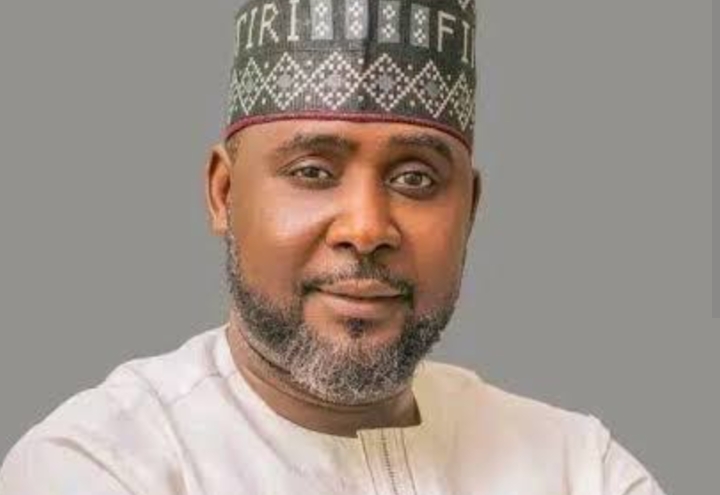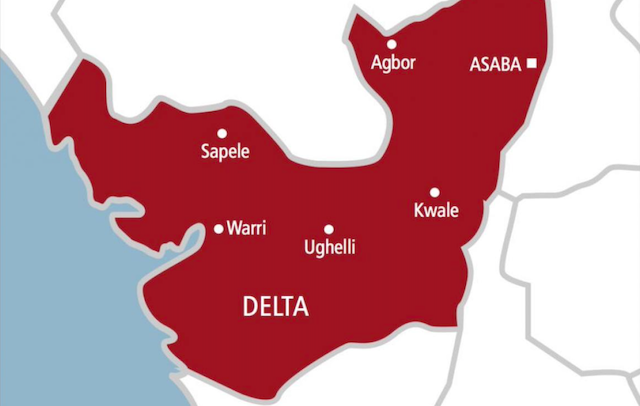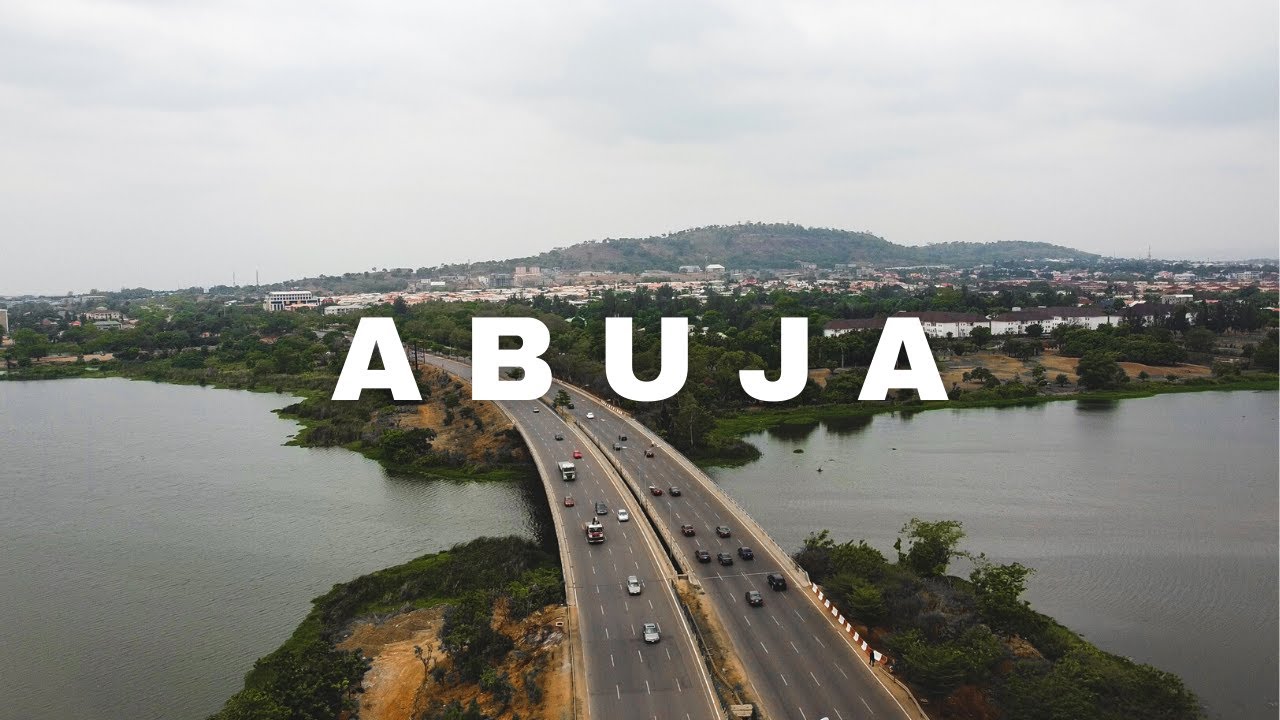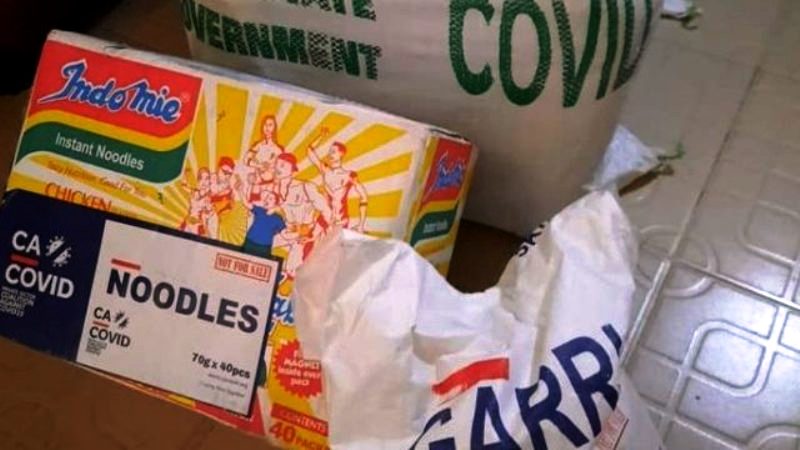The Ministry of Agriculture and Food Security has disclosed President Bola Tinubu did not release rice for distribution as palliatives during the festive season.
TheNewsGuru.com (TNG) reports Joel Oruche, Director of Information of the Ministry of Agriculture and Food Security made the disclosure on Tuesday.
In a statement released on behalf of the Minister, Senator Abubakar Kyari, Oruche disclosed that the rice being distributed concerns constituency projects.
He said the rice palliatives under constituency projects were budgeted for under the 2023 Supplementary Appropriation.
According to him, the implementation process for the 2023 Supplementary Appropriation is on-going.
The statement reads: “The attention of the Federal Ministry of Agriculture and Food Security (FMAFS) has been drawn to stories making the rounds that the Ministry is delaying the distribution of rice palliative and wish to state as follows;
“The Federal Ministry of Agriculture and Food Security is not distributing any palliative.
“The issue under reference concerns constituency projects budgeted for under the 2023 Supplementary Appropriation and domiciled in the Federal Ministry of Agriculture and Food Security.
“It is common knowledge that funds for National Assembly constituency projects are domiciled in the relevant Ministry for purposes of implementation.
“The implementation process for the 2023 Supplementary Appropriation is on-going.
“Constituency projects in this instance cover a range of needs of the constituents including staple grains and some agricultural infrastructure as determined by respective members of the National Assembly.
FG restates commitment to food security
Meanwhile, the Federal Government has reiterated its commitment to ensure food security in the country.
The Minister of Agriculture and Food Security, Sen. Abubakar Kyari, stated this when Gov. Dikko Radda of Katsina State paid him a courtesy call on Tuesday in Abuja.
He said that Katsina State remained one of the frontline states in the quest to achieve President Bola Tinubu’s food security agenda through the Federal Ministry of Agriculture and Food Security.
“There is no gainsaying that we are out to achieve Mr President’s agenda of food security, poverty reduction and job creation,” he said.
Kyari said that the ministry was also committed to achieving the Federal Government’s plan to cultivate 500,000 hectares of arable lands to ensure food security.
“Like I mentioned before, we have to collaborate with the states and local governments to come up with genuine and verifiable farmers list.
“This is very important because we have to know who the real farmers are, and by so doing we have to collaborate with the local authorities.
“This is so they can buy into our programmes, and so we can succeed in what we set out to do,” he said.
Earlier, Gov. Radda disclosed that insecurity affecting food production and security of lives and property had been reduced by 70 per cent in Katsina.
Radda said that without adequately tackling insecurity, there couldn’t be food production due to the activities of criminal elements in the state.
He said that these criminal elements had previously made it very tough for farmers to access their farms.
The governor said that plans were underway to revive the livestock industry in the state.
“We want to revive the livestock industry, and we want to create a livestock centre in Katsina, which will encompass everything from fattening and pasture development to artificial insemination centres.
“It will also include meat processing and cooling chains, use of cargo terminal in the state in agreement with neighbouring countries to export meat products.
“We want to process cow meat and take it to Lagos, and that is a huge investment; we are looking for a lot of partners who are interested in this initiative.
“Katsina is also the highest producer of maize in this country.
“The Federal Ministry of Agriculture and Food Security should give Katsina a priority in maize production, just as Jigawa was given priority in wheat production,” Radda said.








